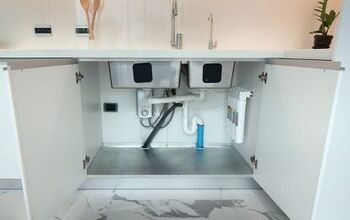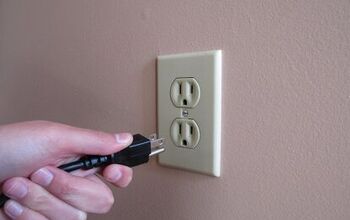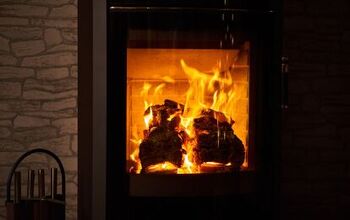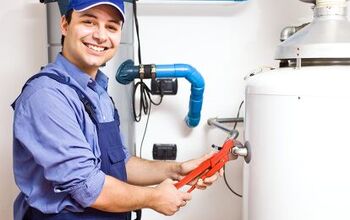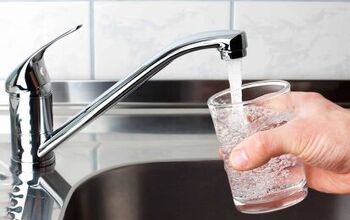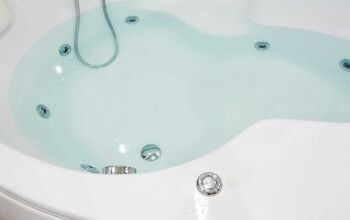40 Gallon Water Heater: How Many Showers Can You Take?

We use our water heaters for a plethora of things in our daily lives. Chief among them is when it is time to take a shower or bath. No matter how big your water heater, it is capable of delivering a finite number of showers within an hour time period.
Just how many showers can you expect out of your 40-gallon water heater? This can be difficult to quantify over the life of your water heater, so let’s break it down into hourly use. So long as you aren’t using any other water appliances, you can expect to get 2 hot showers per hour.
Do You Need Water Heater Repair Services?
Get free, zero-commitment quotes from pro contractors near you.

Water Gallon Size Overview
The simplest explanation is that there are three tiers of size when it comes to the water heater. Small, medium, and large can be basic descriptors, but how much water does each of them hold? That is the best place to start.
Small water heaters generally range from 40 to 60 gallons. These are also the most common water heaters out there for residential purposes. Medium-sized water heaters are in the 60 to 80-gallon range while large water heaters are anything above that 80-gallon size.
Why Two Showers?
So, you may be asking yourself “why is it two showers? What dictates how many showers I can get in an hour with my water heater?” Remember that the two shower estimate is generally for 40-gallon water heaters, which are the most common water heaters in use.
It comes down to recovery time. Recovery time is the amount of time the water heater needs to properly heat up the water in the tank again. For the most part, it is about 30 or 40 minutes on a 40-gallon water heater.
The bigger the water heater, the different the recovery times. Another factor is gas and electric. Electric water heaters tend to take twice as long to fully recover, delaying the time between hot showers.
What Factors Determine How Many Showers?
While your water heater is certainly one of the most important factors in determining how many showers you get, there are two other important factors. It comes down to shower length and what other appliances are in operation at the same time.
The longer your showers are, the more hot water you use. If you take longer showers, it takes longer for the water heater to recover and fully heat the water within the tank. For the most part, it isn’t an issue but in a household with several people, it might be best to space out showers.
The appliances that are in use can also play a factor. Try not to take a shower when the dishwasher is running, for instance. It will not only expel all of the hot water out of the water heater but make the recovery time slower as well.
What is Using Water in Your Home?
Now that we know that a 40-gallon water heater can realistically provide two hot showers an hour, it helps to know how much water you will use on average. There are a variety of factors that can drain the hot water from your water heater, limiting the number and length of showers per hour.
There are generally four items that use water at a given time: the washer, shower, dishwasher, and either the kitchen or bathroom faucet. The washing machine uses roughly 25 gallons for every use. The shower uses 10, the dishwasher 6, and the faucets 2 gallons per minute.
How Much Water Do You Need?
Knowing how much water the appliances in your home use, you can do some simple estimating. If you are showering only, with no other appliances running, then you should be able to handle two average-length showers at once for a 40-gallon water heater. That equates to roughly 17 gallons per shower, which comes out to 34 gallons (out of a 40-gallon heater).
The more people that you have in your home, as well as the increased length of the showers, can make the water in your home run out much faster. To ensure that there is always hot water ready for a shower, stagger shower times and try to keep shower lengths at average times or less.
What if Your Water Heater is Running Out of Hot Water Fast?
Knowing what you know, you may come to find that your water heater is still running out of water in relatively short order. There are a few things to consider, namely when the problem first occurred. Has this always been an issue or did it just recently start?
The answer to this question depends on when the issue began. Here’s what you need to know in either case.
Your Water Heater Has Always Run Out Quickly
Maybe you have tried to limit your hot water usage. Maybe you even have different designated shower schedules to ensure minimal overlap. Yet for all you do, your water heater seemingly runs out of water too quickly.
The most likely reason your water heater runs out of hot water quickly is that it is too small for the job. Water heaters come in different sizes for a reason. If your water heater is too small, it struggles to meet your needs.
This is a pretty good rule of thumb. If you have two or fewer people in your home, then a small (40 gallon) water heater is likely fine. Two to five people in your home would require a medium (60 to 80 gallon) water heater. Anything more than that and you would need something that could handle a greater capacity.
Your Water Heater Just Started Running Out of Hot Water Quickly
The answer to the former situation is relatively easy to diagnose. But what if your water heater just recently encountered issues with running out of hot water quickly? There are three likely scenarios that could be causing issues.
Do You Need Water Heater Repair Services?
Get free, zero-commitment quotes from pro contractors near you.

Sediment Buildup
No matter where you live, the water that comes into our homes usually brings things with it. For the most part, this sediment is so small that it doesn’t cause any immediate issues. But when allowed to collect and build up over time, that can change.
Sediment buildup over time will reduce the amount of hot water your water heater provides. That is simply because it is taking up space that could be used to store your hot water. Flushing your water heater regularly is a good way to prevent sediment buildup.
It’s the Thermostat
The thermostat is usually in charge of the temperature controls for your water heater. It is entirely possible for them to malfunction or even break over time. That limits the water heater’s ability to heat your water.
You may need to have the thermostat repaired or replaced. This can be a bit more tricky than most DIYers can handle, so you will likely need a professional to perform the repair or replacement.
The Water Heater is Old
While sediment is the most likely explanation, it also isn’t the only common one. Your water heater is like anything else in your life. With too much time and use, it will wear down. The older your water heater gets, the more repairs and maintenance it needs.
Yet still, it may not perform up to snuff. If your water heater is up there in years and struggling to perform, it may be time for a new one. The good news is that this affords the opportunity for something of a proper size or a greater efficiency for your home.
Related Articles

Ryan Womeldorf has more than a decade of experience writing. He loves to blog about construction, plumbing, and other home topics. Ryan also loves hockey and a lifelong Buffalo sports fan.
More by Ryan Womeldorf



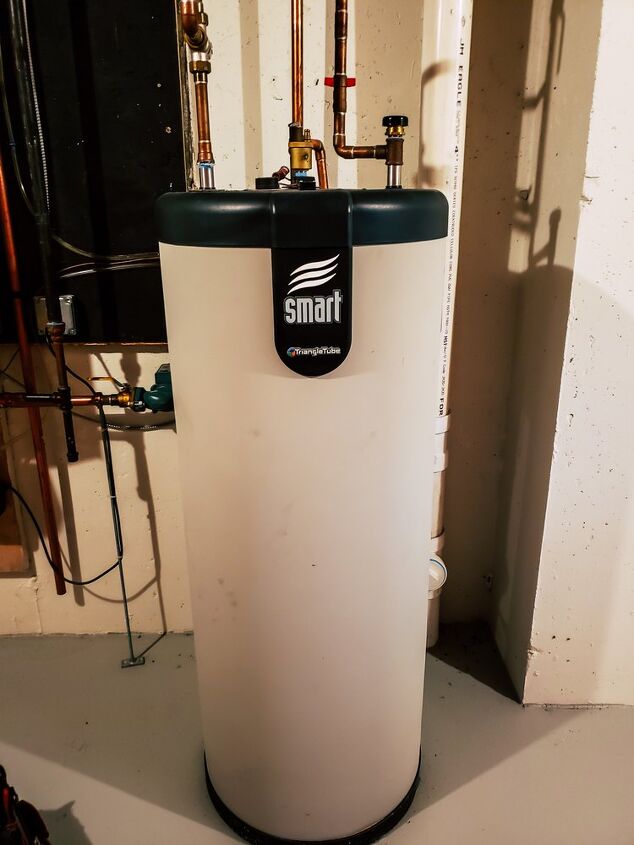
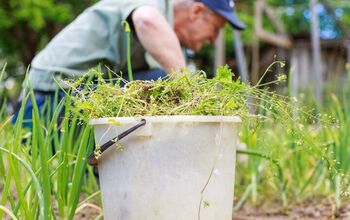





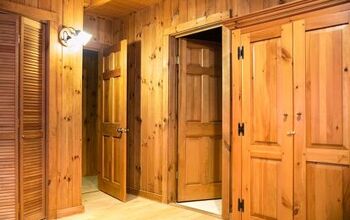

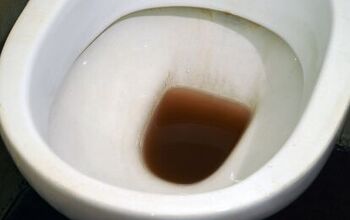

![How Much Weight Can a 4×4 Support Horizontally? [It Depends!]](https://cdn-fastly.upgradedhome.com/media/2023/07/31/9070333/how-much-weight-can-a-44-support-horizontally-it-depends.jpg?size=350x220)

